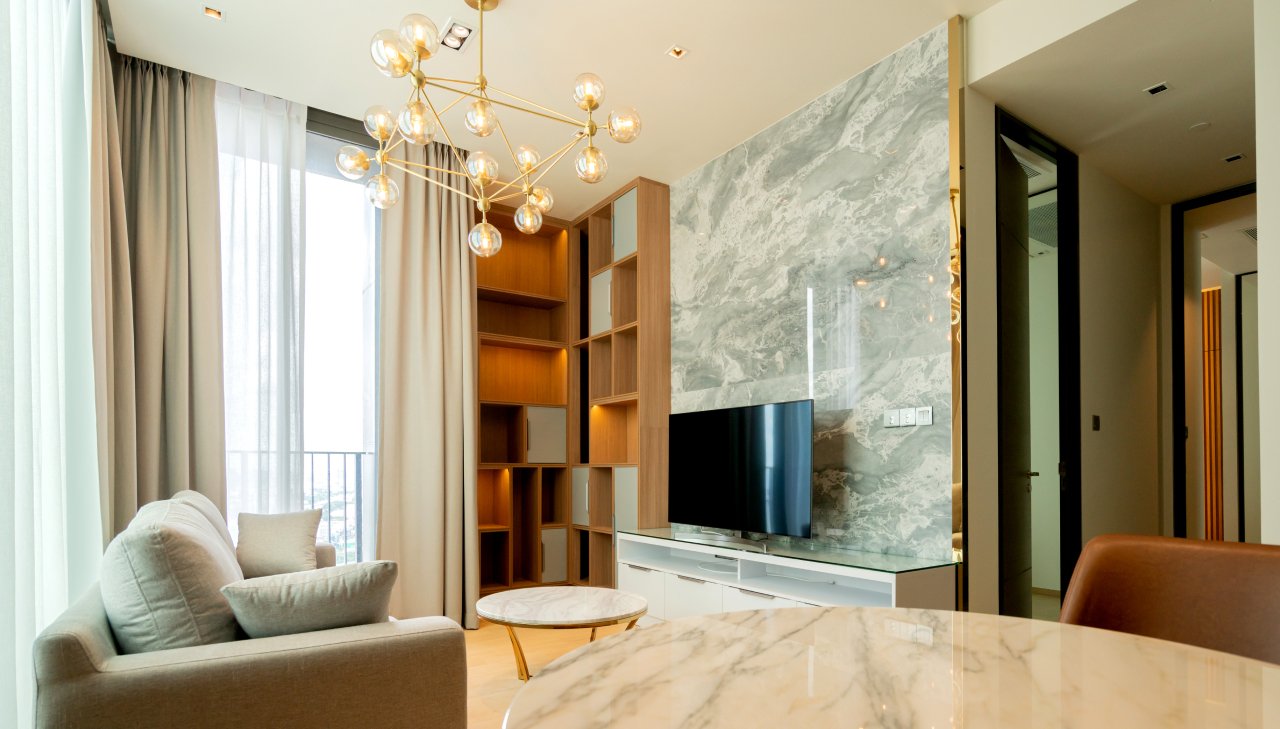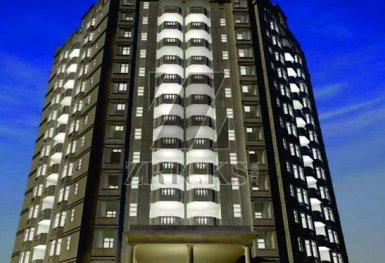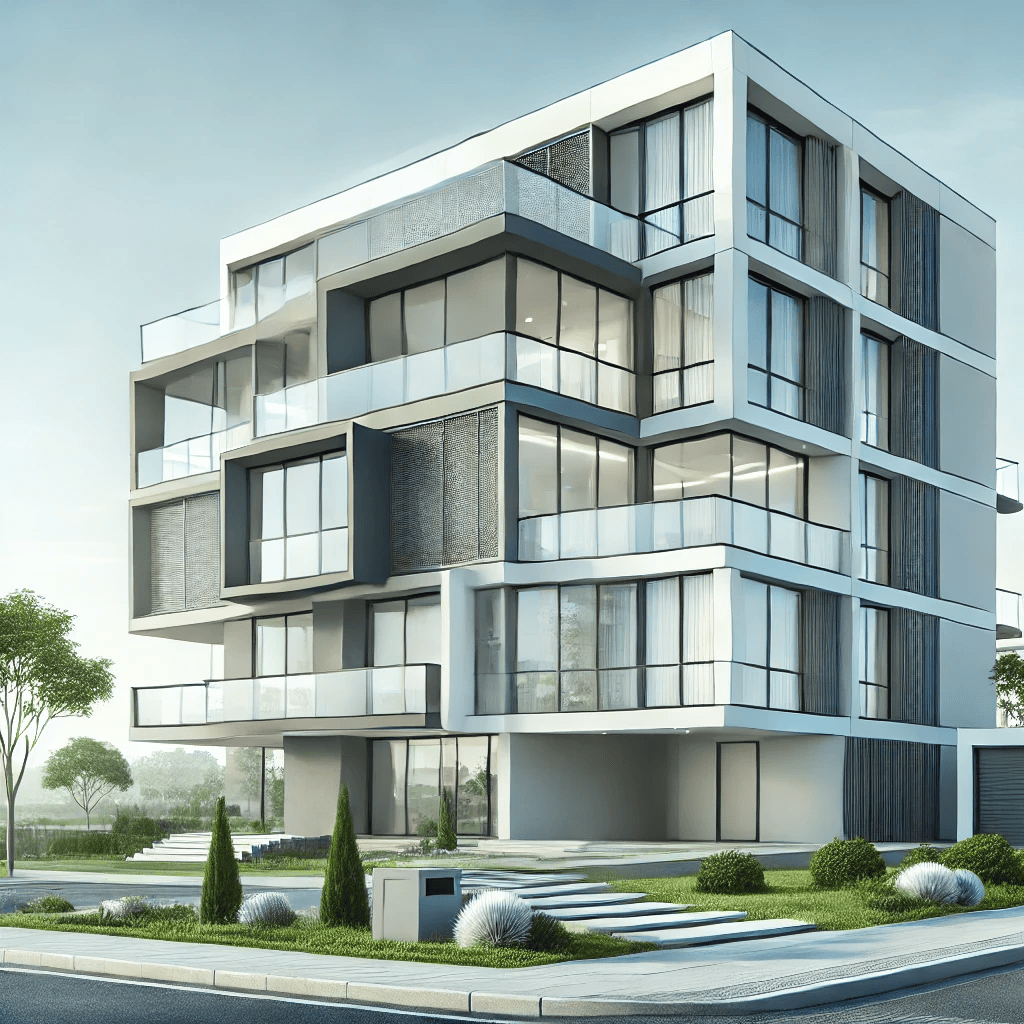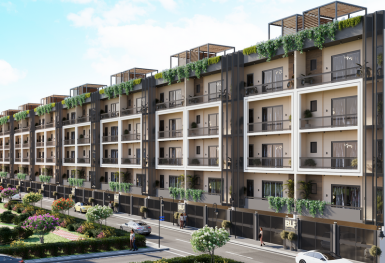The Benefits of a Business Floor: Elevating Workplace Productivity and Collaboration In today’s fast-paced corporate environment, the layout and design of office spaces play a crucial role in shaping employee experiences and overall productivity. One effective approach that many organizations are adopting is the concept of a dedicated business floor. This specific area of an office can provide numerous advantages that contribute to both individual and organizational success. Here’s a look at the benefits of having a designated business floor.
Enhanced Collaboration
A dedicated business floor fosters a culture of collaboration. With open spaces designed for teamwork, employees from different departments can easily interact and share ideas. This proximity not only encourages spontaneous discussions but also facilitates brainstorming sessions that can lead to innovative solutions. When employees feel comfortable collaborating, the flow of creativity and problem-solving increases, ultimately benefiting the company’s bottom line.
Improved Focus and Productivity
While collaboration is essential, so is the ability to focus on individual tasks. A well-designed business floor often incorporates a variety of spaces to cater to different work styles. Quiet zones, focus rooms, and even soundproof booths allow employees to retreat when they need to concentrate. This balance between collaborative areas and private spaces helps employees to be more productive, leading to higher job satisfaction and improved performance.
Flexibility and Adaptability
Business floors can be designed with flexibility in mind. Modular furniture and adaptable layouts allow companies to reconfigure spaces as needed, accommodating changing team sizes or project requirements. This adaptability can save costs and time in the long run, as organizations can easily pivot without the need for extensive renovations. Furthermore, a flexible environment can make the workplace more appealing to a diverse workforce, accommodating varying preferences and work styles.
Promoting Well-being
The design of a business floor can significantly influence employee well-being. Incorporating natural light, greenery, and ergonomic furniture creates a more inviting atmosphere. Spaces for relaxation and socialization, such as lounges and break rooms, encourage employees to take necessary breaks and recharge. A focus on well-being not only improves morale but also reduces burnout and turnover rates, which are critical for maintaining a stable workforce.
Networking Opportunities
Having a dedicated business floor often means that employees from different teams are in close proximity, fostering networking opportunities. Informal interactions during lunch breaks or coffee runs can lead to valuable connections and collaborations. Employees are more likely to learn from each other, share best practices, and even form mentorship relationships, enhancing the overall skill set within the organization.
Branding and Professional Image
A thoughtfully designed business floor can serve as a reflection of the company’s brand and values. A modern, well-equipped workspace communicates professionalism and can leave a lasting impression on clients and visitors. This attention to detail not only attracts top talent but also reinforces trust and credibility in the eyes of clients and partners.
Conclusion
The advantages of a dedicated business floor extend far beyond aesthetics. By fostering collaboration, improving focus, and promoting well-being, such spaces can transform the workplace experience. As organizations continue to navigate the complexities of modern work environments, investing in a dedicated business floor is not just an option; it’s a strategic move toward a more productive and engaged workforce.








